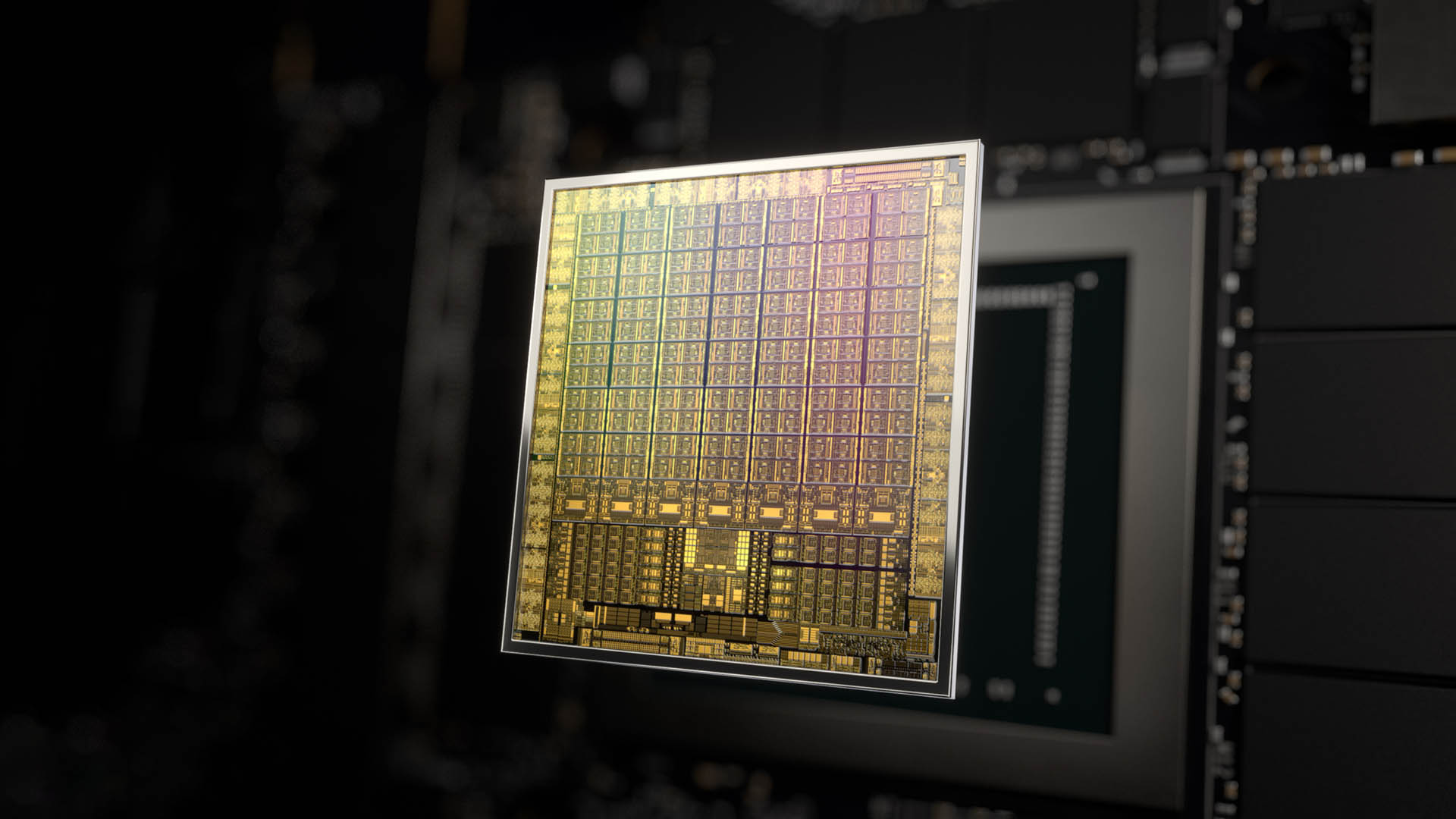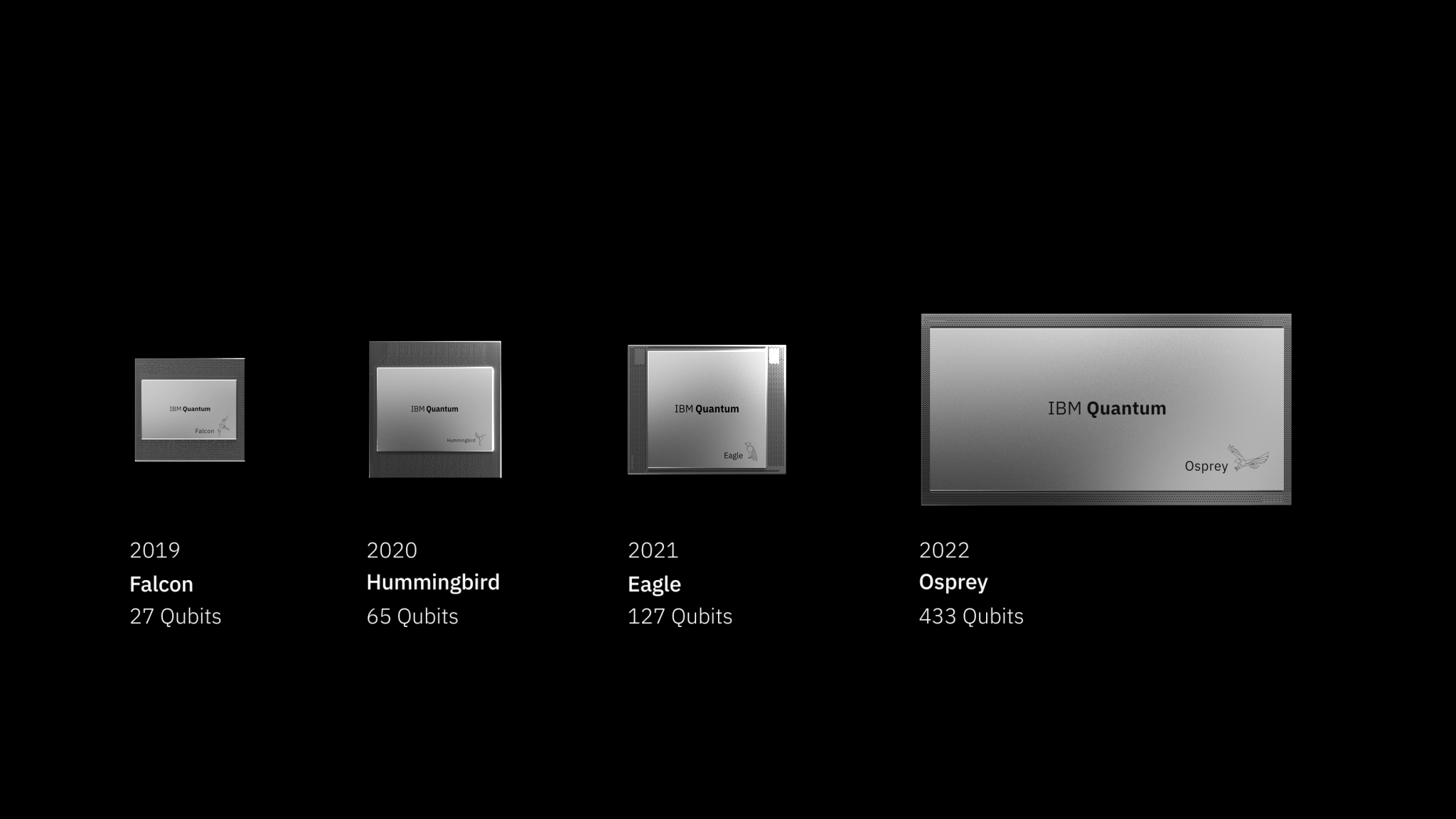The hot new use for graphics cards: pretending to be a quantum computer
Your GPU is useful for a lot more than gaming nowadays, huh?

Quantum computers have been in the works for a long time and yet we're still nowhere near exploiting quantum physics for massive computational power. You'd think that'd put all but the most driven researchers off investing in quantum computing, but some startups are now preparing for the quantum revolution by running quantum-inspired software on today's powerful graphics cards.
Quantum computing promises to completely revolutionise how we process huge numbers of calculations. Some theoretical uses for it today include drug and vaccine discovery, managing logistics on a global scale, diving deeper into the human genome, super cybersecurity (or, on the flip side, super code-cracking), and similarly demanding stuff. The problem is it just doesn't work yet at the sort of accuracy and scale required to be all that useful.
Some people were getting impatient with quantum's development, so turned elsewhere. Today's top graphics cards are in high demand for artificial intelligence acceleration, and it's this recent burst of AI performance that has led to an emerging use for imitating quantum calculations.
It basically sounds a lot like AI and quantum computing teaming up for something in between both, and powered by GPUs.
QC Ware is a software startup highlighted in a report from Reuters that's going about just that. It raised significant capital to focus on building software for quantum computers, but ultimately decided to switch focus to "build a bridge to quantum processing in the future."
So, rather than make software for something that doesn't entirely exist right now, make software that will ease the transition to quantum computing in future. Its first project is a drug development platform that can speed up molecular simulations.
Another company looking into this AI-powered quantum simulation tech is SandBoxAQ, a spinoff from Google-owner Alphabet. The CEO of SandBoxAQ says it's only been in the past 24 months that any AI chip would be able to reach a level capable of simulating these sorts of problems at speed. Its biopharma sim algorithm is reportedly using Google's AI chip to imitate quantum computing.
Keep up to date with the most important stories and the best deals, as picked by the PC Gamer team.


Best CPU for gaming: The top chips from Intel and AMD
Best gaming motherboard: The right boards
Best graphics card: Your perfect pixel-pusher awaits
Best SSD for gaming: Get into the game ahead of the rest
A founder of one quantum lab said they got fed up with waiting for quantum to arrive and decided to start looking into other ways to imitate quantum cybersecurity without actually using a quantum computer.
Now, there are quantum computers available to access today. IBM has a whole load of them, some even accessible in the cloud, and even a fully integrated option in its Quantum System One. But it's also pairing up AI with quantum for a more practical use of quantum computing today. This year IBM has quantum computers running 1,121 qubits, which are the building blocks of a quantum computer, a sort-of analogue to a transistor but not practically the same at all. But by 2025 it aims for a machine with 4,158 or more qubits.
In the meantime, I doubt our gaming graphics cards will be snapped up by scientists looking to get a leg-up on quantum computing for the future. Nvidia and AMD both have some pretty high-powered server-grade silicon for that, like the massive Nvidia H100, or 'Tensor Core GPU'. But there's no denying that GPUs are becoming much more than a way to turn complex code into fast-paced frames.

Jacob earned his first byline writing for his own tech blog. From there, he graduated to professionally breaking things as hardware writer at PCGamesN, and would go on to run the team as hardware editor. He joined PC Gamer's top staff as senior hardware editor before becoming managing editor of the hardware team, and you'll now find him reporting on the latest developments in the technology and gaming industries and testing the newest PC components.

